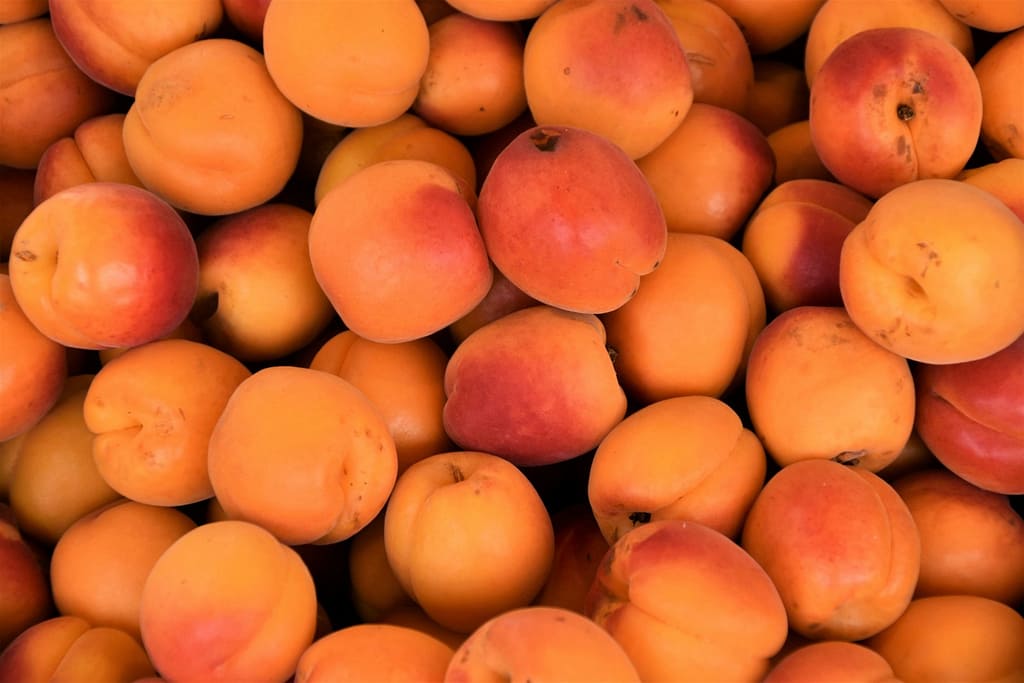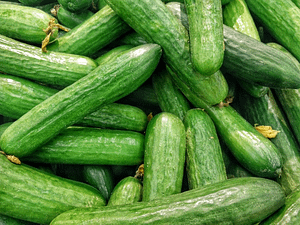
Plum is a unique fruit known for its sweet and juicy flavor. With its smooth skin and vibrant colors ranging from yellow to purple or red, plums are not only visually appealing but also a delight to the taste buds. They can be enjoyed fresh or used in various culinary applications, making them a versatile ingredient in both cooking and baking.
Origins and Varieties
The exact origin of plums is difficult to determine due to their long cultivation history. However, it is believed that plums are native to parts of Europe, particularly the Caucasian mountainous region, as well as the surrounding areas of China.
Plums come in a wide range of varieties, each with its own unique characteristics and flavors. Some of the most common types of plums include:
- European Plums (Prunus domestica): These plums are known for their sweet and rich flavor. They are commonly used in making jams, jellies, and desserts.
- Japanese Plums (Prunus salicina): Japanese plums have a slightly tart taste and are often eaten fresh. They are also used in making plum wine and various Asian dishes.
- American Plums (Prunus americana): These plums are smaller in size and have a tangy flavor. They are commonly used in making preserves and pies.
- Damson Plums (Prunus domestica subsp. insititia): Damson plums are known for their distinctive tartness. They are often used in making jams, jellies, and fruit compotes.
Health Benefits of Plums
In addition to their delicious taste, plums offer a range of health benefits. They are a good source of vitamins, minerals, and dietary fiber, making them a nutritious addition to your diet.
1. Rich in Antioxidants
Plums are packed with antioxidants, which help protect the body against oxidative stress and reduce the risk of chronic diseases such as heart disease and certain types of cancer.
2. Supports Digestive Health
The high fiber content in plums promotes healthy digestion and helps prevent constipation. Eating plums regularly can contribute to a healthy digestive system.
3. Boosts Immune System
Plums are a good source of vitamin C, which plays a vital role in strengthening the immune system. Consuming plums can help protect against common illnesses and infections.
4. Supports Bone Health
Plums contain essential minerals like potassium and vitamin K, which are important for maintaining strong and healthy bones. Regular consumption of plums can help prevent bone-related disorders such as osteoporosis.
Uses in Cooking and Baking
Plums are not only delicious when eaten fresh but also lend themselves well to various cooking and baking recipes. Their natural sweetness and tangy flavor make them a versatile ingredient in both sweet and savory dishes.
1. Fresh Plums
Enjoying plums in their fresh, raw form is a simple and delightful way to savor their natural flavor. They can be enjoyed as a healthy snack, added to fruit salads, or used as a topping for yogurt or cereal.
2. Jams and Preserves
Plums are commonly used in making jams, jellies, and preserves. Their natural sweetness and pectin content make them an excellent choice for creating flavorful spreads that can be enjoyed on toast or as a filling in pastries.
3. Desserts
Plums are a popular ingredient in a variety of desserts. They can be used in pies, tarts, cobblers, and crumbles, adding a burst of flavor and natural sweetness to these indulgent treats.
4. Savory Dishes
Plums can also be incorporated into savory dishes to add a unique twist. They pair well with meats like pork and chicken, and can be used in sauces, chutneys, and marinades to enhance the overall flavor profile.
Tips for Selecting and Storing Plums
To fully enjoy the flavor and freshness of plums, it’s important to choose and store them properly:
1. Choosing Plums
When selecting plums, look for fruits that are firm but slightly yielding to gentle pressure. Avoid plums that are overly soft or have blemishes or bruises.
2. Storing Plums
Plums are best stored at room temperature until they are fully ripe. Once ripe, they can be refrigerated to extend their shelf life. However, keep in mind that refrigeration may affect the texture of the fruit.
3. Ripening Plums
If you have unripe plums, you can speed up the ripening process by placing them in a paper bag at room temperature. Adding a ripe banana or apple to the bag can help accelerate the ripening even further.
In Conclusion
Plums are a delightful fruit with a wide range of flavors and uses. Whether enjoyed fresh, cooked, or baked, plums offer a burst of sweetness and juiciness that is hard to resist. With their numerous health benefits and versatility in the kitchen, plums are a fruit worth incorporating into your diet.

